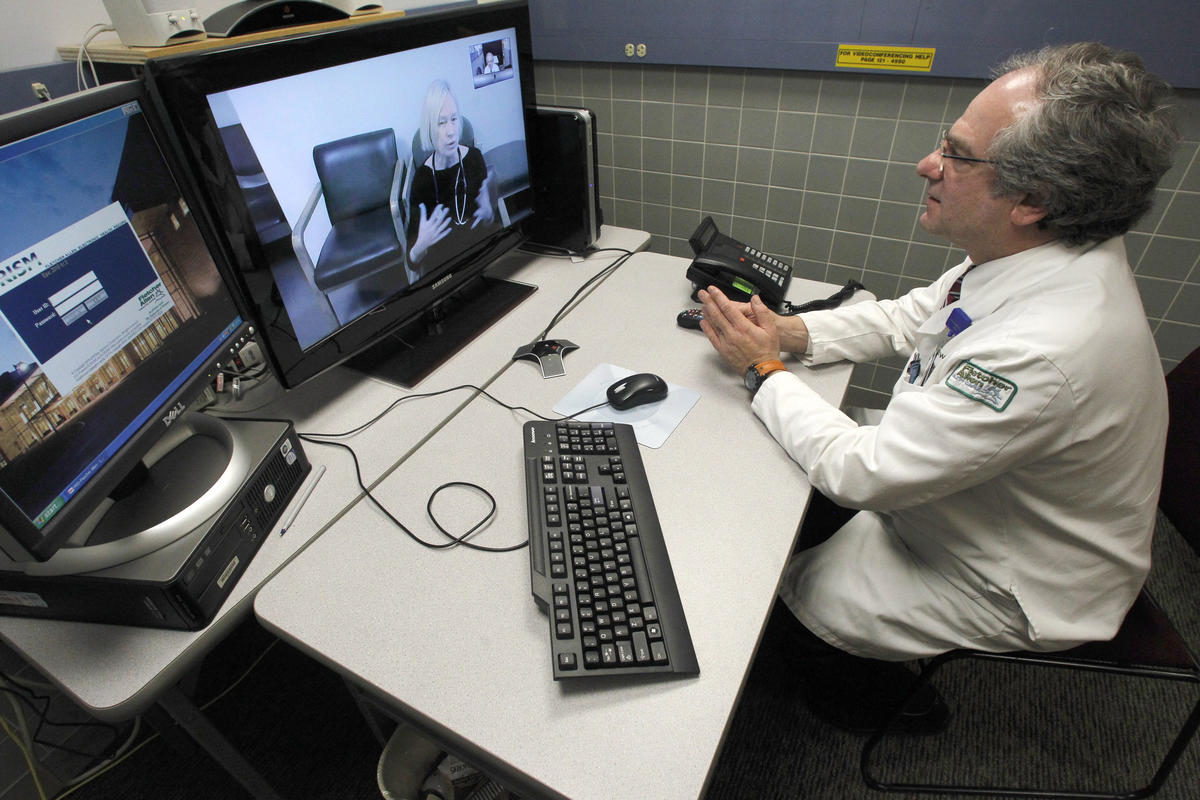A recently released survey suggests that administrators across the healthcare spectrum are growing increasingly skeptical about the long-term viability of value-based contracts in delivering their services. This comes even as the industry is moving to meet government-mandated quotas, notably the Centers for Medicare and Medicaid Service setting 2018 as a deadline for having 90 percent of Medicare fee-for-service payments in value-based purchasing categories. The survey, conducted by audit, tax, and advisory firm KPMG LLP, found that 45 percent of healthcare leaders felt the shift toward value-based contracts will lead to decreased profits, a significant change from two years earlier, when a similar survey resulted in only a third of respondents taking that pessimistic view.
In trying to determine the reason for this shift in outlook, KPMG found indications the value-based model is out of step with prevailing expectations around technological capabilities. There’s a greater interest in telemedicine and other tech-based connectivity between service providers, all with a goal of providing better care for patients. A sizable group of respondents expressed the conviction that the most impactful contributor to efficiency of care will be upgrades in healthcare IT systems, partially because such advances will allow some processes to be automated in the future. Quality of care, in every respect, can’t be compromised by efforts to run leaner. Quite the contrary: efficiencies need to drive improvements in care. Otherwise, they’ll wind up being counterproductive in every facet of a facility’s operation, including the bottom line.

Greater expectations for services like telemedicine compromise the viability of the value-based contracts model (Credit: AP Photo)
Given that forecast, KPMG warns that organizations need to be ready to make key changes, including in how they communicate about services. Dion Sheidy, KPMG’s Advisory Healthcare Leader, says, “Healthcare companies need to prepare for a dramatic shift in how they get paid. They need to arm themselves with analytics to make the case that value and quality are being delivered in patient care and to compete more effectively in their respective markets.”
The survey was conducted during a webcast held in early May. It included 292 executives from healthcare providers, payers, and life sciences companies. Additional information about KPMG and the survey can be found at the company’s website.




